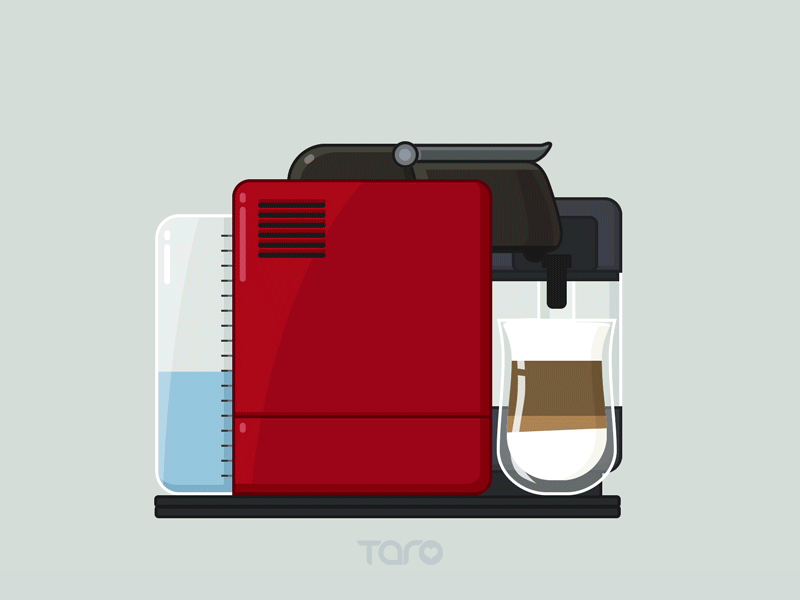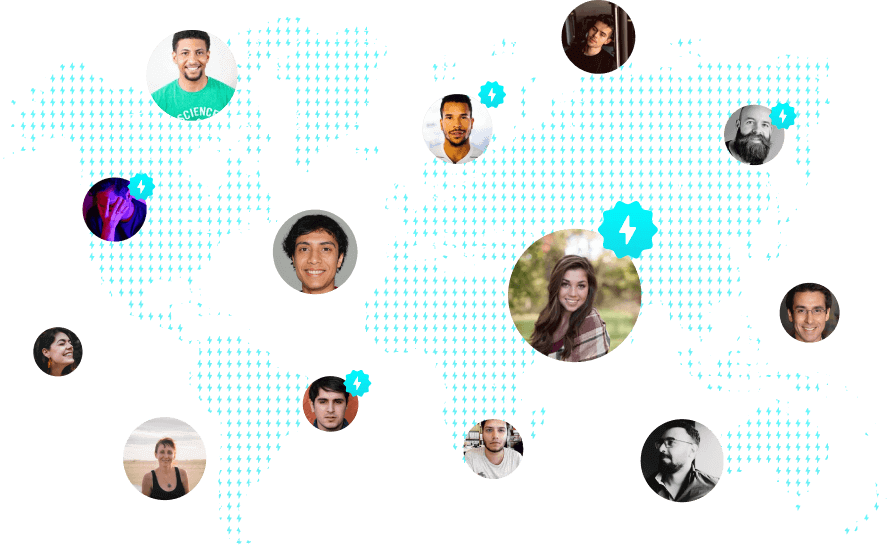Q Cafe - [NextJS, Express.js, TailwindCSS, HTML, CSS]
Project Overview: Q.Cafe
Q.Cafe is a modern, responsive, and user-friendly web application designed to simulate an online café experience. The project showcases a seamless blend of front-end and back-end development skills, with a focus on creating an intuitive user interface, efficient state management, and robust API integration. The application is built using cutting-edge technologies, ensuring scalability, performance, and a delightful user experience.
Key Features:
Responsive Design:
- The application is fully responsive, ensuring a consistent and visually appealing experience across all devices (desktop, tablet, and mobile).
- Utilizes modern CSS frameworks and custom styles to create a clean and minimalist design.
Dynamic Menu:
- Features a dynamic menu system where users can browse through various café items (e.g., coffee, snacks, desserts).
- Each menu item includes details such as name, description, price, and an image, making it easy for users to make selections.
Interactive User Interface:
- Interactive elements like hover effects, smooth transitions, and animations enhance user engagement.
- A user-friendly cart system allows customers to add, remove, and update items before placing an order.
State Management:
- Efficient state management is implemented using React Context API or Redux (depending on the version) to handle cart operations and user interactions seamlessly.
- Ensures real-time updates to the UI without requiring page reloads.
API Integration:
- The application integrates with a backend API (built using Node.js and Express) to fetch menu data, manage orders, and handle user authentication.
- Demonstrates proficiency in RESTful API design and consumption.
Authentication and User Profiles:
- Implements user authentication (login/signup) using JWT (JSON Web Tokens) or OAuth for secure access.
- Users can create accounts, log in, and view their order history.
Order Management:
- Users can place orders, which are then processed and stored in a database (e.g., MongoDB or PostgreSQL).
- Admins can manage orders, update statuses, and view analytics through a dedicated dashboard.
Search and Filter Functionality:
- Includes a search bar and filters to help users quickly find specific menu items based on categories, price range, or dietary preferences.
Deployment:
- The application is deployed on Vercel, showcasing expertise in CI/CD pipelines and cloud-based deployment.
- The GitHub repository is well-documented, with clear instructions for local setup and contribution guidelines.
Technologies Used:
Frontend:
- React.js (with hooks and functional components)
- Tailwind CSS or Material-UI for styling
- Axios for API requests
- React Router for navigation
Backend:
- Node.js and Express.js for server-side logic
- MongoDB or PostgreSQL for database management
- JWT for authentication
Tools:
- Git and GitHub for version control
- Vercel for deployment
- Postman for API testing
Skills Demonstrated:
Frontend Development:
- Proficiency in React.js for building dynamic and interactive user interfaces.
- Strong understanding of responsive design principles and CSS frameworks.
Backend Development:
- Experience in building RESTful APIs with Node.js and Express.
- Knowledge of database management and CRUD operations.
Full-Stack Integration:
- Ability to seamlessly integrate frontend and backend systems.
- Expertise in handling authentication, state management, and data flow.
Deployment and DevOps:
- Familiarity with deploying applications on platforms like Vercel.
- Understanding of CI/CD pipelines and version control best practices.
Problem-Solving:
- Demonstrated ability to design and implement complex features like cart management, search filters, and order processing.
Collaboration and Documentation:
- Well-organized GitHub repository with clear documentation, making it easy for others to understand and contribute to the project.
Why This Project Stands Out:
- Real-World Application: Q.Cafe simulates a real-world online ordering system, making it a practical addition to any portfolio.
- Scalability: The architecture is designed to handle future enhancements, such as adding payment gateways, loyalty programs, or admin dashboards.
- User-Centric Design: The focus on usability and aesthetics ensures a positive user experience, which is critical for any successful application.
14 Sep 2024







